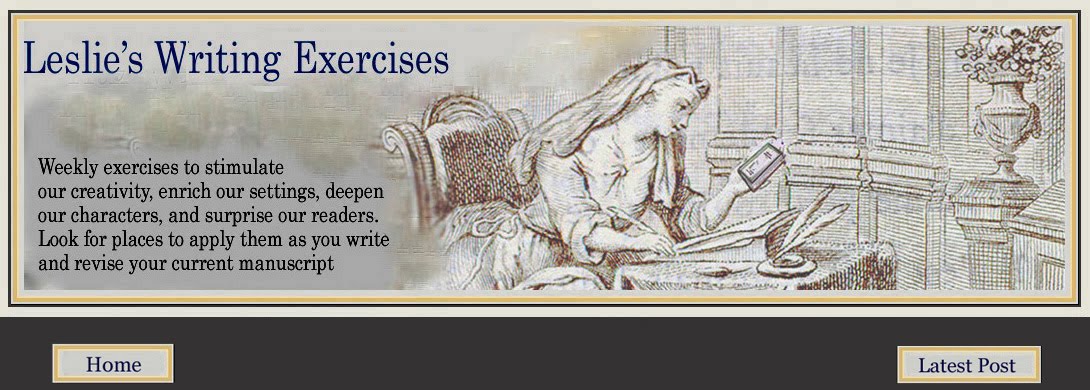Hello!
Just had to share with you these ten excellent dialogue tips I came across this morning from Carson Reeves over at Scriptshadow. What's so excellent about them? They're all directly related to the dialogue in David Mamet's little masterpiece "Glengarry Glen Ross."
This week's exercise: Apply every single one of them somewhere in your work-in-progress.
Enjoy :)
📖
Sunday, October 8, 2017
Dialogue
Labels:
Carson Reeves,
David Mamet,
dialogue,
writing tips
Subscribe to:
Comments (Atom)

